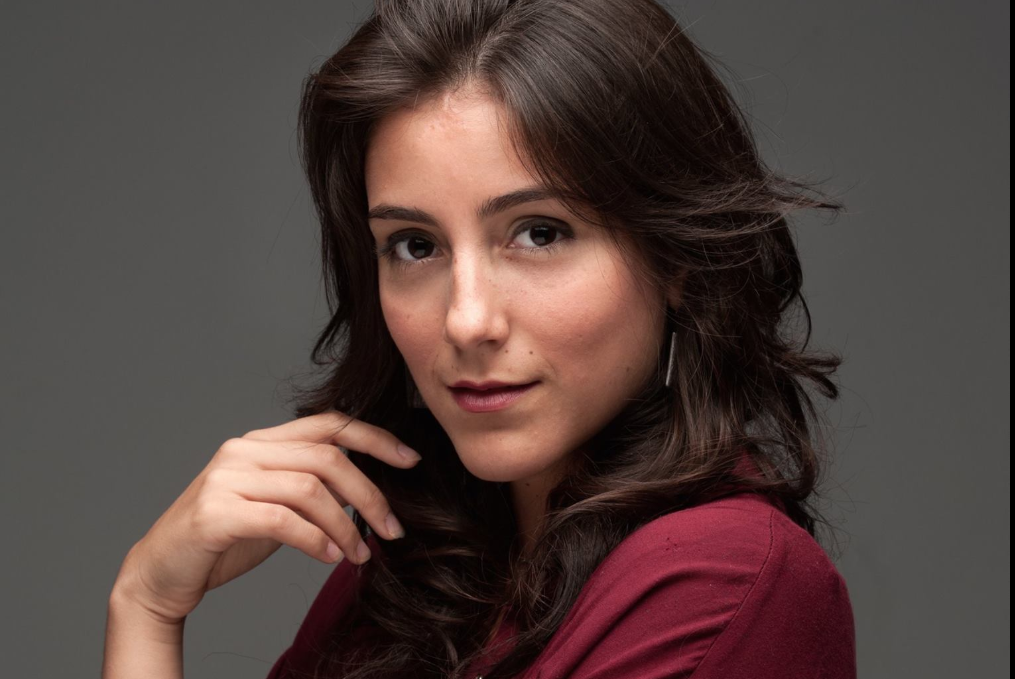By Blanca Moreno
Lady Vanessa Cardona is a spoken word poet, theatre professional, and activist whose work is empowered largely through marginalized voices. Her story and journey can be compared to a quote by the late Tupac “a rose that grew from concrete.” A story that is similar to the phoenix who rose from the ashes; A journey that has been anything, but easy.
Cardona’s poetry is impactful because it comes from a deeply rooted pain that has taken both time and patience to dig out of her soul. During a recent interview, Cardona talks about the pain and struggle that has transformed into her artistic journey.
She tells me about her awareness about the refugee crisis not only affecting those living or trying to get into America, but also in many other parts of the world. She talks about her own adversities she had to face as a refugee and living in America undocumented.
Cardona was born in Cali, Colombia during one of the most prominent eras of the Civil War. Due to the state the country found itself in at the time, she and her family were forced to flee Colombia. At the time she was only nine-years-old, and they left hoping to build a better life elsewhere, but little did her and her family know what they were about to face. When they arrived in the United States, they realized quickly that receiving documented status was an unrealistic goal, her family decided to seek refuge at the Canadian border.
When they arrived at the border their refugee application was accepted, and finally what seemed like the impossible had occurred, “Things were happening and your kind of going through the motions, and maneuvering yourself around, travelling all over the place to try and seek refuge somewhere. You don’t even have room sometimes to digest everything that is happening, and you’re kind of just living in the moment,” she says. For this reason, Cardona can empathize with other marginalized voices, those with whom she stands in solidarity with.
Before Cardona was making noise with her authentic voice as a poet, she was a theatre graduate who had aspirations to work in the industry. Her love for theatre had dominated her soul, However, she was crushed when she realized the world was not ready to accept diversity in their roles. Cardona says, “I always felt like I wasn’t going to get the top role. The reason for it was because of my ethnicity. It wasn’t to do with talent it was that mainstream theatre did not allow for voices and faces like mine to be the main story.”
Cardona remembers when she was told to get voice lessons to get rid of her thick accent, a product of her mother tongue, or that she was only adequate for the role of a maid. This was a turning point for Cardona, and became a big focus in what drives her art today. “I started to understand that oppressed and marginalized voices were not given enough visibility on stage. I remember how much representation gave me hope to get up there myself,” she says.
After graduating university, Cardona decided to move to Namibia in South Africa. While there, she explains, “ I saw this spoken word show that they were doing, and they were holding auditions. I wrote a short poem about the experiences I had witnessed with racism, and that was the start of my spoken word poetry career. I realized from that point on that I had so much to say, and that this was such an impactful way to reach a large audience,” she says. When she returned to Canada, Cardona continued to use her art as a vessel for her healing journey.
She used this art form to help her heal from many things including sexual abuse, bigotry, and being treated like a displaced person for many years, Cardona recognized that this form of therapy was necessary for her soul. She grasped the idea that she needed to give that little girl inside back the voice that had been taken away a very long time ago. Cardona’s heart needed mending from the many things she witnessed on her journey, and when faced with a pen and blank paper the words began pouring out.
Cardona currently holds the title of National slam champion, which she won at Verses Festival of Spoken Word competition which was held last April 25th, 2018 in Vancouver. It was at that competition where she was able to proudly represent treaty 6 at the national level. “I have looked at every single painful memory as a lesson. Those lessons are the reason why I am who I am today. My past has helped me to emphasize with others because of the journey that I have gone through,” she says.
Photo taken Michael Johnny Carson Kuby in 2016

